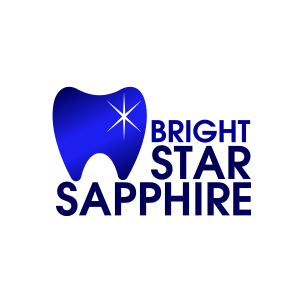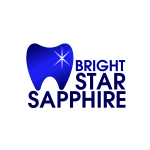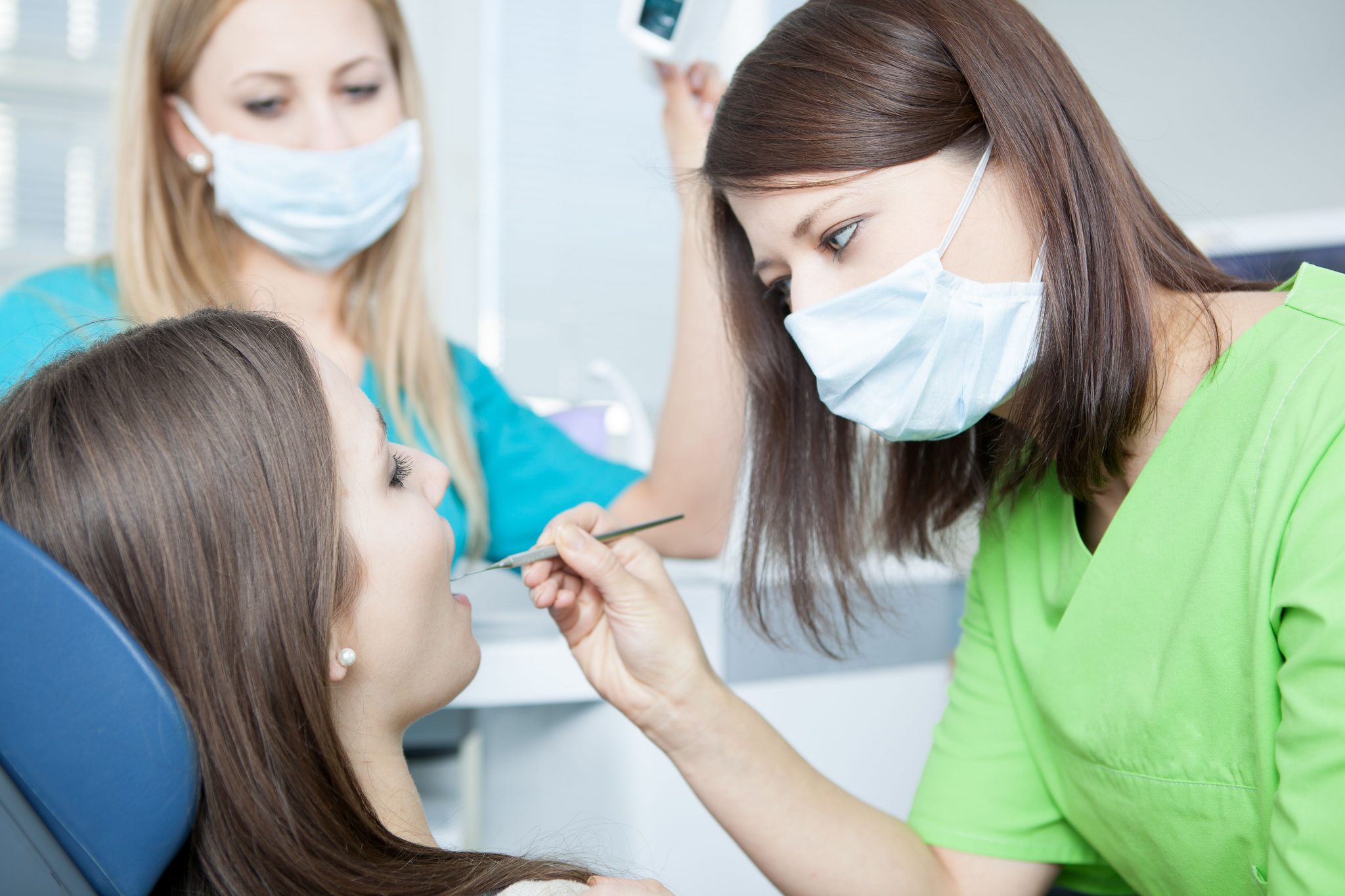Plaque is a sticky bacteria that forms on our teeth. This bacteria attaches to surfaces in the mouth and forms a film on the teeth. In order to keep your teeth and mouth heathy this plaque should be removed regularly. If plaque is not removed the bacteria can accumulate from saliva. The plaque then forms a hard substance that can be white or yellow, and this is called tartar. Plaque and tartar bacteria can damage tooth enamel and lead to cavities.
Tartar builds up along the gum line or in between teeth. Brushing and flossing regularly can help to remove plaque and tartar, but visiting our office for your regular cleaning can ensure all of the buildup is completely removed. If tartar is not removed, over time this could lead to gum disease.
How Can I Prevent Tartar Buildup?
Practicing good oral hygiene habits at home can help prevent plaque and tartar from forming. Gum disease can be prevented by brushing and flossing. We also recommend an antiseptic mouthwash, and regular cleanings in our office to ensure your teeth and mouth are tartar free.
If tartar is not removed it can collect between the gum and teeth and cause periodontitis. This can damage the tissue and bone that holds your teeth in place. Gum disease can cause other more serious health problems if not addressed such as heart disease.
How Can I Manage Plaque and Tartar?
Plaque forms every night and the bacteria feeds on carbs and sugars. The acids can damage your enamel. If you practice good oral hygiene and limit foods and drinks with sugar you can stay on top of plaque and tartar. Visiting our office twice a year for your exam and cleaning can help remove any buildup, and keep your teeth and mouth looking and feeling great.
Are you Interested in Scheduling Your Next Dental Cleaning?
We encourage all patients to visit our office twice a year for their dental exam and cleaning. Our highly skilled staff clean and remove the plaque and tartar buildup on your teeth. We care about your health and ensure you receive the highest level of care. Keeping your teeth and mouth healthy is important, and practicing good oral hygiene habits at home can help prevent tooth decay.
If you are interested in scheduling your dental exam and cleaning, contact our office and our friendly staff members will be happy to assist you!



